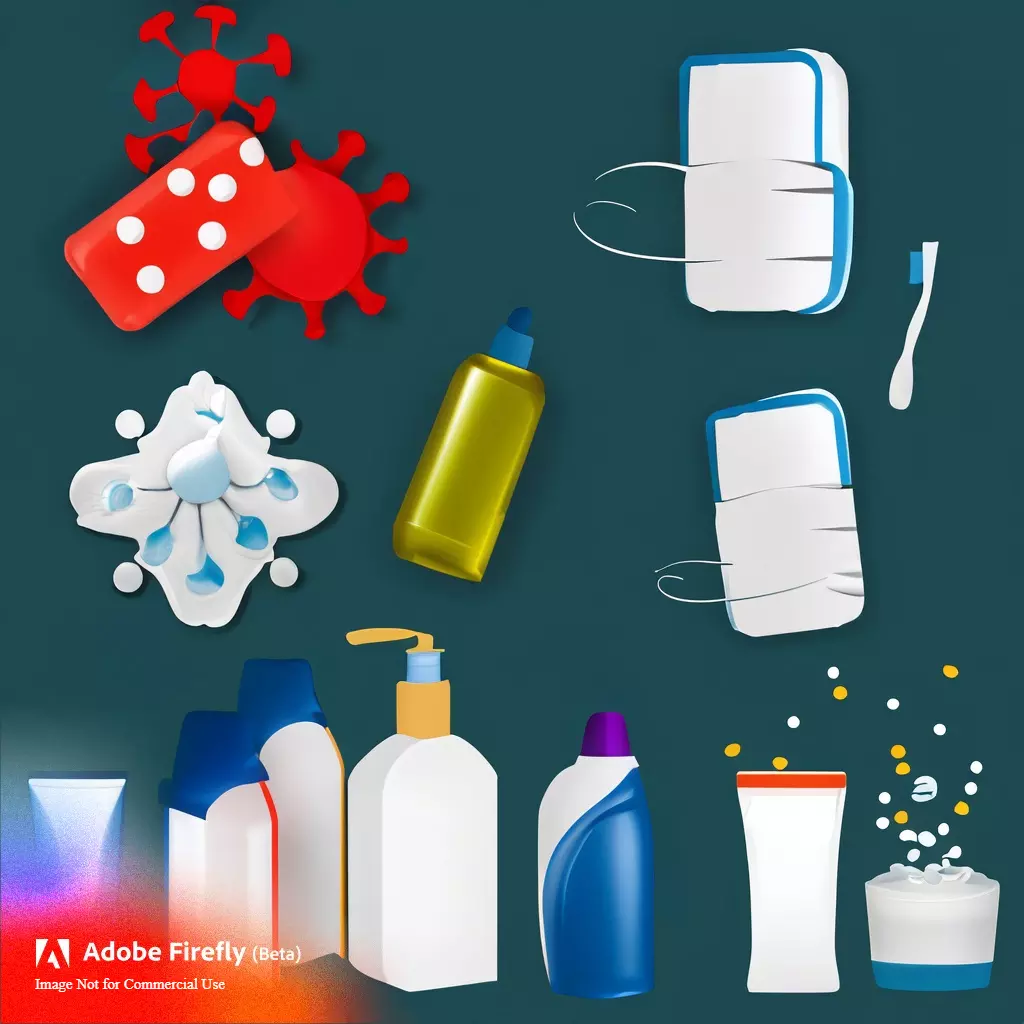Menstrual Health and Hygiene (MHH) stands as a cornerstone of women’s and adolescent girls’ well-being and empowerment. With over 300 million women worldwide menstruating on any given day, the importance of addressing MHH has never been more pronounced. This article explores the critical role that MHH plays in fostering the health, dignity, and confidence of women and girls across the globe.
Menstrual health refers to the physical, emotional, and social well-being of individuals during their menstrual cycle. Proper menstrual hygiene involves using clean materials to manage menstruation, along with maintaining cleanliness and comfort. Access to safe and hygienic sanitation facilities, as well as accurate information about menstrual health, are integral components of MHH.
A lack of proper MHH practices can have significant implications for physical and emotional well-being. Insufficient access to sanitary products and inadequate sanitation facilities can lead to discomfort, infections, and even reproductive health issues. Additionally, stigma and shame surrounding menstruation can impact self-esteem and mental health, hindering girls’ and women’s ability to fully participate in daily activities.
Inadequate MHH can lead to absenteeism and dropouts among girls in schools. The inability to manage menstruation with dignity often forces girls to miss school during their periods, contributing to educational disparities. By prioritizing MHH, societies can ensure that girls receive the education they deserve, empowering them to reach their full potential.
Breaking Taboos and Stigmas
Taboos and cultural norms around menstruation persist in many societies, perpetuating misinformation and silence. Open conversations and comprehensive education about MHH are crucial for dismantling these taboos. When girls and women are informed about their bodies and menstrual health, they can make informed decisions and confidently manage their periods.
Menstrual equity involves ensuring that everyone has access to the resources and information necessary to manage their menstruation safely and comfortably. This includes affordable and accessible sanitary products, as well as hygienic sanitation facilities. Governments, organizations, and communities have a role to play in advocating for and implementing policies that promote menstrual equity.
Efforts to improve MHH are underway globally, with organizations and governments advocating for change. However, challenges such as economic disparities, lack of education, and limited access to resources still hinder progress. Continued collaboration, education, and policy reform are essential to overcoming these hurdles and achieving universal menstrual equity.
Menstrual Health and Hygiene (MHH) is an integral part of women’s and adolescent girls’ overall well-being and empowerment. Addressing MHH not only ensures physical health but also contributes to breaking down taboos, supporting education, and promoting gender equality. By prioritizing MHH, societies can foster a world where menstruation is no longer a barrier but a natural and celebrated aspect of every woman’s life.
Also Read : Understanding Cervical Cancer: Origins, Symptoms & Protective Strategies
https://thelogicalindian.com/h-upload/2023/08/31/500x300_233132-firefly-images-related-to-health-and-hygiene-50403.webp
Trending
2023-09-01 04:40:05.0
Empowering Women & Adolescent Girls: The Significance of Menstrual Health & Hygiene










